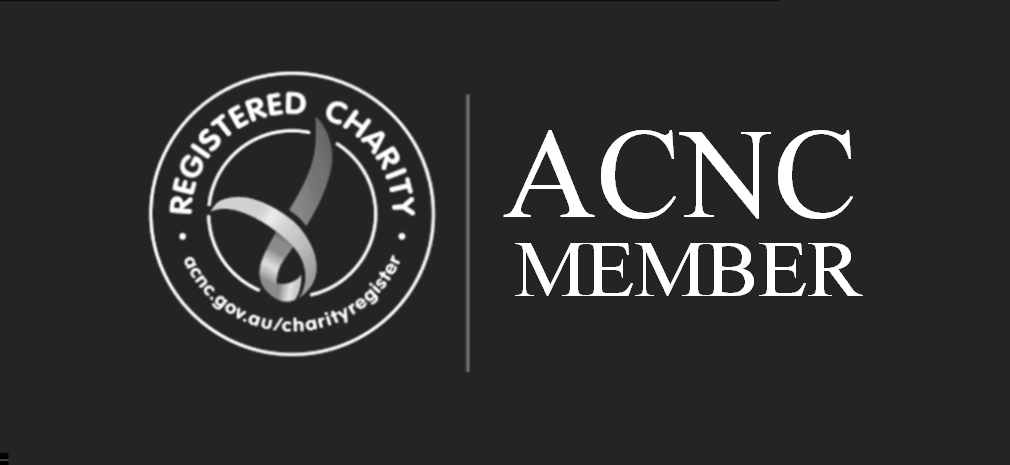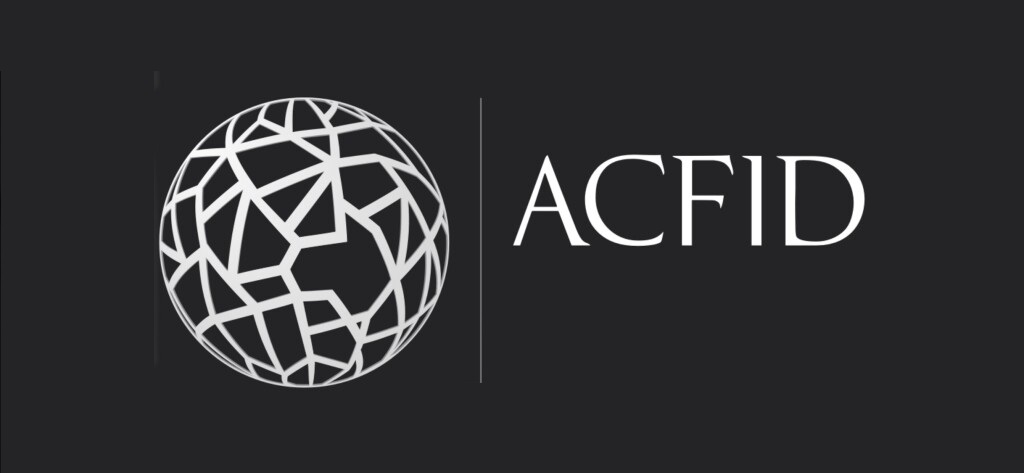.
DAISI is committed to protecting against, detecting and responding to fraud and corruption in order to protect the interests of DAISI, its members, volunteers, partners and beneficiaries, while also maintaining its good reputation and ethical standards.
POLICY
1.DAISI does not tolerate fraud or corruption in any form.
2. Stealing money from DAISI by theft or fraud reduces the DAISI’s capacity to maintain the same level of frontline services to people in need or will reduce back office support to compensate for the loss.
3. DAISI relies on the support of government, business and the community to deliver the services it provides.
4. Reputational damage arising from fraud can cause significant decline in confidence in DAISI as a reputable charity and have an adverse impact on donations and funding, leading to a more severe impact on the services we deliver and back office support than the initial theft.
Scope
5. It is everyone’s responsibility (all DAISI volunteers, executive, board and regular members) to prevent fraud and corruption from occurring and to report every suspected incident immediately to their supervisor (except where their supervisor may be involved in the fraud or corruption event), and the DAISI Board.
Roles And Responsibilities
6. Everyone in DAISI is responsible for fraud control and corruption prevention. Every person must report every suspected incident immediately to their supervisor (except where their supervisor may be involved in the fraud or corruption) and the DAISI Board.
7. Further specific responsibilities are:
Board
8. The Board together with executive management sets ethical principles that form the foundation of an ethical anti‐fraud culture.
Audit & Risk Committee
9. Reviewing and monitoring policies for preventing and detecting fraud,
10. Reviewing fraud reports from management and auditors.
CEO
11. Set the ethical culture allowing it to flow throughout DAISI and its entities to entrench a culture of high ethics and integrity,
12. Approve terms of reference for any investigation into fraud or corruption, and
13. Approve or endorse final action to be taken in response to actual incidents of fraud or corruption.
Directors
14. Ensure that there are programs and controls in place to address risk including fraud and corruption risk and that those controls are effective.
15. Oversee daily operations in which fraud or corruption risks may arise,
16. Be actively involved in planning activities to prevent, detect and respond to suspected fraud and corruption incidents.
17. Respond to adverse trends identified from the fraud and corruption database.
Office Bearers
18. Introduce and maintain controls to prevent incidents of fraud or corruption from arising in their area of responsibility.
19. Ensure that a fraud or corruption risk assessment has been conducted for their area of responsibility at least once annually.
20. Immediately notify all suspected fraud or corruption incidents that are detected within their jurisdiction to the head of risk management.
21. Respond to the outcomes of any investigation or inquiry into any suspected fraud or corruption incident.
All Workers (Directors, Office Bearers, members, volunteers and employees, volunteers, contractors
22, Be continually alert to the possibility of fraud or corruption incidents;
23. Inform their supervisor (or the Board directly) of any suspected incidents of fraud.
24. Not engage in any fraudulent or corrupt conduct.
Head of Audit & Risk Committee
25. Prepare investigation terms of reference and investigation plans.
26. Consult with Directors & CEO about the best course of action when suspected fraud or corruption incidents are raised.
27. Consult with appropriate office Bearers, members, volunteers and staff during inquiries or investigation into fraud or corruption.
28. Ensure there is a quality internal investigative capability independent of line management.
29. Provide notice to external parties of fraud or corruption incidents after approval by the Chairperson.
30. Facilitate fraud and corruption awareness and education.
31. Report on status of the fraud control and corruption prevention strategy to the Board of Directors as well as the Audit & Risk Committee.
32. Review the integrity framework and the fraud control strategy regularly.
Internal Monitoring
33. Maintain awareness of the possibility of fraud or corruption during audit work.
34. Provide advice and guidance on internal controls to prevent fraud or corruption.
35. Conduct tests of systems to identify possible fraud or corruption.
36. Provide specialist investigatory expertise where needed and maintain a manual of investigatory procedures.
External Monitoring
37. Maintain awareness of the possibility of fraud or corruption during audit work.
38. Notify the Board if incidents of fraud or corruption are identified.
Application
39. DAISI is committed to minimising fraud and corruption and instilling a culture of:
- Zero tolerance’ of fraudulent and corrupt behaviour;
- inquiring and investigating all suspected fraud and corruption tip‐offs;
- Reporting all incidents of fraud or corruption to external parties as appropriate
Prevention
40. Preventative measures include:
- Regular review of the integrity framework supporting a culture of integrity and intolerance of fraud or corruption
- Awareness training and education
- Risk assessments as part of annual project risk assessments
- Continual quality improvement reviews of internal control and compliance measures
- Pre‐employment screening (including volunteers, contractors and consultants, where appropriate)
- Annual update of fraud control and corruption prevention plans for resolution of shortfalls in any of these preventative measures
- monitoring of partners for evidence of fraud or corruption
- mention of commitment to ACFID Code of Conduct in Memorandum of Understanding (MoU) with partners in all matters
Detection
41. Detective measures include:
- Fraud & corruption detection programs such as data mining and analysis
- Alternative reporting mechanisms such as the Speak Up Integrity Line
- Whistleblower protection
- Discovery during grievance management
- Quality assurance officer and compliance officer awareness during reviews
- Internal audit awareness during audits
- External audit awareness during audits
Response
42. Response measures include:
- Amendment of the Fraud Control & Corruption Prevention Plan
- Revision and refreshment of policies to rectify deficiencies
- Maintenance of an internal investigative capability including qualified investigator and up‐to‐date investigation manual
- Internal reporting of outcomes and escalation where appropriate
- Review of internal controls after every confirmed incident
- Application of disciplinary procedures for detected incidents
- Civil action to recover losses where appropriate
Maintenance of insurance policies - Public reporting of incidents where CEO approves
Media management involvement as appropriate - Reporting to funding agencies of incidents and rectification measures
- Referral to external organisations and agencies, such as Police, as appropriate, after Chairperson approval



